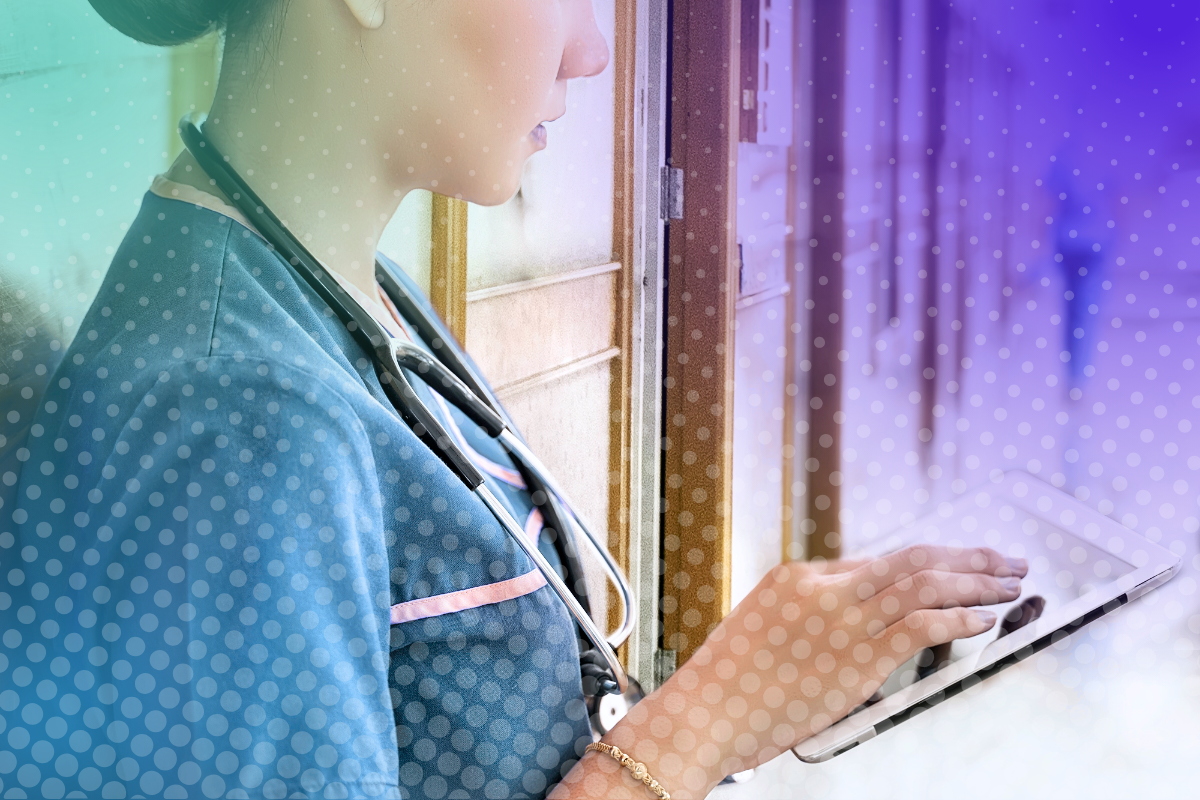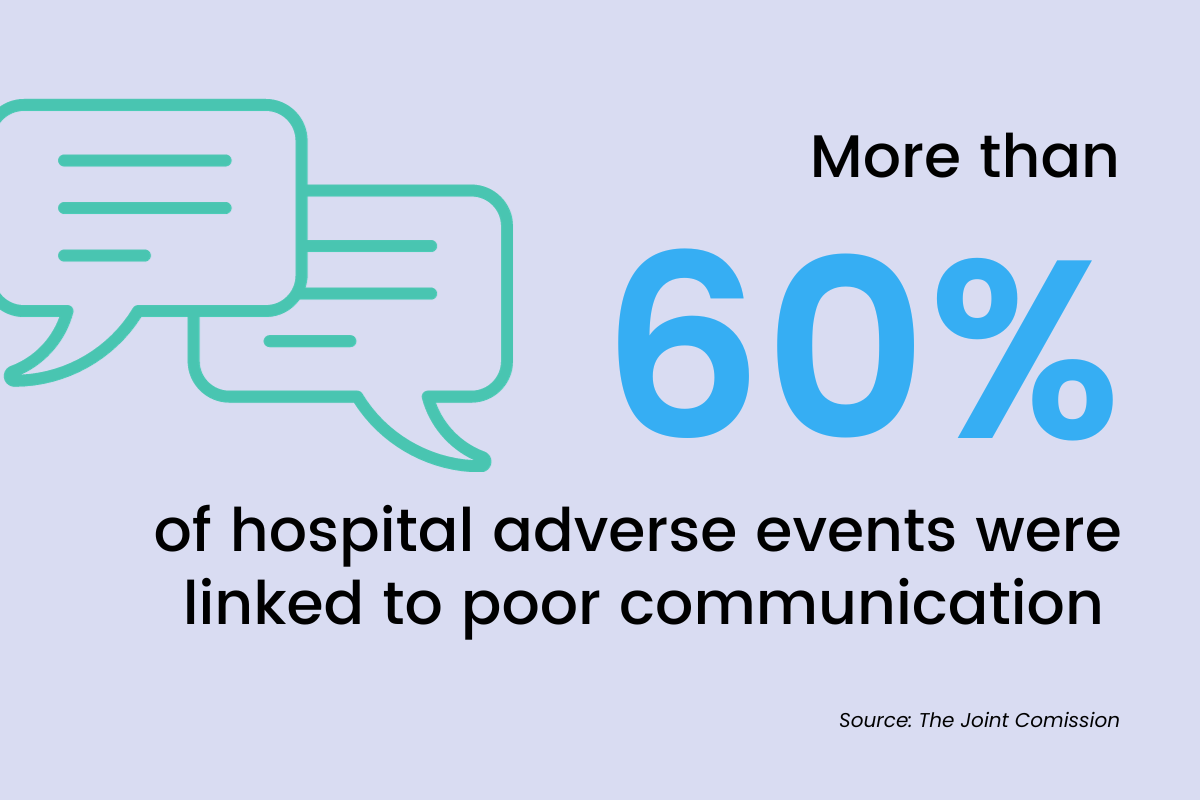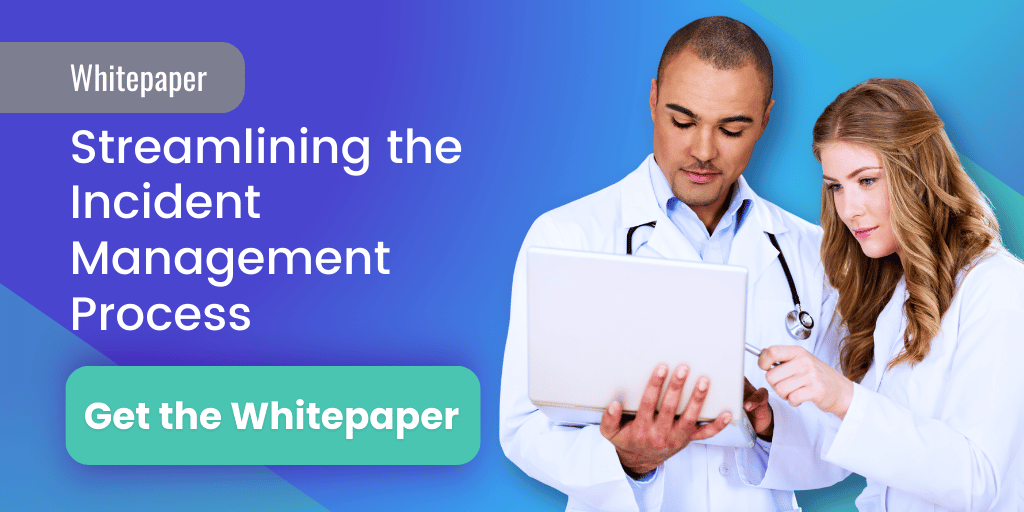4 min read
7 Benefits of Reporting Software in Healthcare
Performance Health Partners
December 2, 2024

Reporting software in healthcare is revolutionizing the way healthcare professionals manage and deliver care. Its advanced capabilities to efficiently gather, analyze, and apply data are reshaping the paradigms of patient care and operational management.
This technology serves as a critical tool in enhancing healthcare delivery, ensuring superior patient outcomes and streamlined administrative processes. Let’s delve into the seven key benefits of implementing reporting software in healthcare systems, highlighting its role in establishing new benchmarks of excellence in the healthcare industry.
Reporting Software in Healthcare: Exploring the Key Benefits
Let's explore how reporting software not only meets the current needs of healthcare organizations but also paves the way for future advancements, as we detail the specific advantages it brings to the table.
1. Improved Decision Making Capabilities
The decision-making process in healthcare is complex, to say the least. Incident reporting software equips professionals with the tools to make informed, data-driven decisions. This includes optimizing resource allocation, refining treatment plans, and enhancing operational procedures.
Access to real-time data and trend analysis fosters more precise and effective decision-making. A MicroStrategy survey indicates that 27% of U.S. business intelligence analytics decision-makers view the absence of a centralized tool to collect and analyze data as a significant obstacle to effective data analytics.
Reporting software addresses this by providing a centralized platform, essential in a sector where timely data can be lifesaving.
2. Elevated Patient Care Standards
Reporting software in healthcare significantly enhances patient care by identifying and addressing gaps in safety processes. This technology is instrumental in tracking incidents, errors, and near misses, providing valuable insights into areas where safety protocols may be lacking or ineffective.
By systematically collecting and analyzing this data, healthcare providers can pinpoint specific patterns and vulnerabilities within their operational workflows. This allows for targeted improvements in safety measures, ensuring that healthcare delivery is not only efficient but also adheres to the highest standards of patient safety and quality.
The implementation of reporting software thus plays a pivotal role in fostering a safer healthcare environment, ultimately leading to improved patient outcomes and heightened trust in healthcare organizations.
3. Streamlined Compliance and Regulations
Healthcare organizations must navigate numerous regulations and compliance standards, including HIPAA in the United States. The American Hospital Association notes 341 hospital-related compliance requirements. Reporting software facilitates compliance tracking and documentation, minimizing the risk of penalties while bolstering data security and patient privacy.

4. Cost Savings
Reporting software identifies operational inefficiencies, paving the way for significant cost reductions. For example, it highlights resource overutilization and redundant processes, decreasing operational expenses and, in turn, patient healthcare costs. Research indicates that every dollar invested in preventing medical errors yields threefold savings.
5. Improved Patient Engagement
Patient engagement is crucial for achieving positive health outcomes. While reporting software primarily serves healthcare management in monitoring and improving patient safety processes, it indirectly benefits patient engagement as well.
By enhancing the safety and quality of care, patients are more likely to trust and actively participate in their healthcare journey. This improved trust and transparency facilitate better communication and collaboration between patients and healthcare providers.
Enhanced engagement is vital for improving health outcomes and satisfaction, particularly as 37% of healthcare consumers express a desire for proactive involvement in their healthcare journeys, according to recent studies. The role of reporting software in creating a safer, more efficient healthcare environment thus indirectly contributes to a more engaged and informed patient base.
6. Advanced Research and Analytics
Incident and event reporting software is a valuable asset for healthcare research and analytics, primarily enhancing safety and quality management. It allows healthcare organizations to systematically capture, track, and analyze data related to patient safety incidents and operational events. This information is critical in identifying recurring issues, potential risks, and areas for process improvement. By focusing on these aspects, healthcare facilities can significantly reduce adverse events and enhance patient care quality.
This data availability is invaluable for leadership, as the insights gained from safety and quality analyses are invaluable for informing organizational policies and practices, and are key for fostering a culture of safety and continuous improvement.
Data-driven healthcare organizations, leveraging such tools, report an average growth of 30% annually, outpacing competitors.
7. Enhanced Communication for Coordinated Care
According to The Joint Commission, over 60% of hospital adverse events are linked to communication failures, underscoring the need for improved interaction among healthcare providers.
Reporting software addresses this critical issue by facilitating data sharing and collaboration across departments, thereby enhancing interdisciplinary teamwork. With its ability to streamline communication, this software plays a key role in reducing such incidents and is fundamental for coordinated patient care.
|
Benefit |
Example |
Outcome |
|
Improved Decision-Making |
A hospital used reporting software to analyze patient flow and resource usage in its emergency department. |
Reorganization of staff shifts and resource allocation, reduced patient wait times, increased patient satisfaction. |
|
Enhanced Patient Care |
Reporting software identified a recurring issue of delayed medication administration in a hospital's intensive care unit. |
Timely interventions, reduction in medication-related incidents and improved patient recovery times.
|
|
Streamlined Compliance and Regulations |
Reporting software generates automatic compliance reports, ensuring that the facility consistently adheres to regulatory standards like HIPAA. |
Reduced risk of non-compliance, improved patient data security, and avoidance of penalties.
|
|
Cost Savings |
Reporting software identifies operational inefficiencies, leading to significant cost savings by pinpointing areas where resources are overused, or redundant processes can be eliminated. These savings benefit both healthcare organizations and patients. |
Lower operational expenses, cost-effective patient care, and potentially reduced patient bills. |
|
Improved Patient Engagement |
A clinic introduced reporting software to identify and address frequent delays in patient appointments. |
Improvements in appointment scheduling led to increased patient satisfaction and engagement, with a notable rise in follow-up appointment adherence. |
|
Research and Analytics |
A hospital used reporting software to aggregate data on post-surgical infection rates across multiple facilities. |
Implementation of new protocols, decrease in post-surgical infections, improved outcomes. |
|
Enhanced Communication |
A hospital implemented incident reporting software to improve the communication between its emergency department and inpatient units. |
More efficient patient transfer process, reduction in communication-related errors during transfers. |
Reporting software plays a vital role in transforming healthcare by improving decision-making, enhancing patient care, streamlining operations, ensuring compliance, and reducing costs. Its potential benefits are not limited to a single aspect of healthcare but span across various domains.
Ready to get started?
Learn how Performance Health Partners’ automated incident management solution can help your organization boost efficiency and improve outcomes. Click here to get started.


